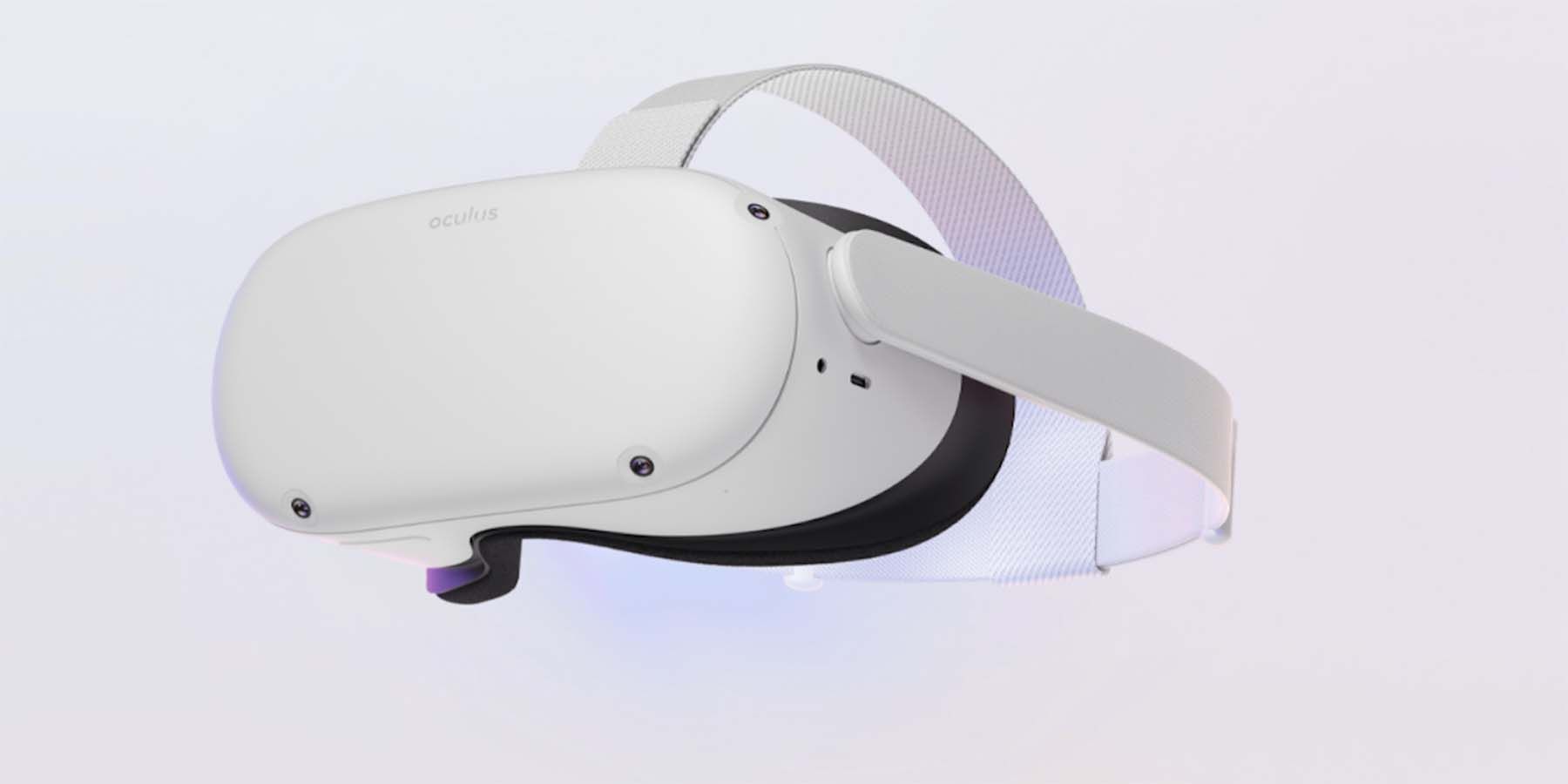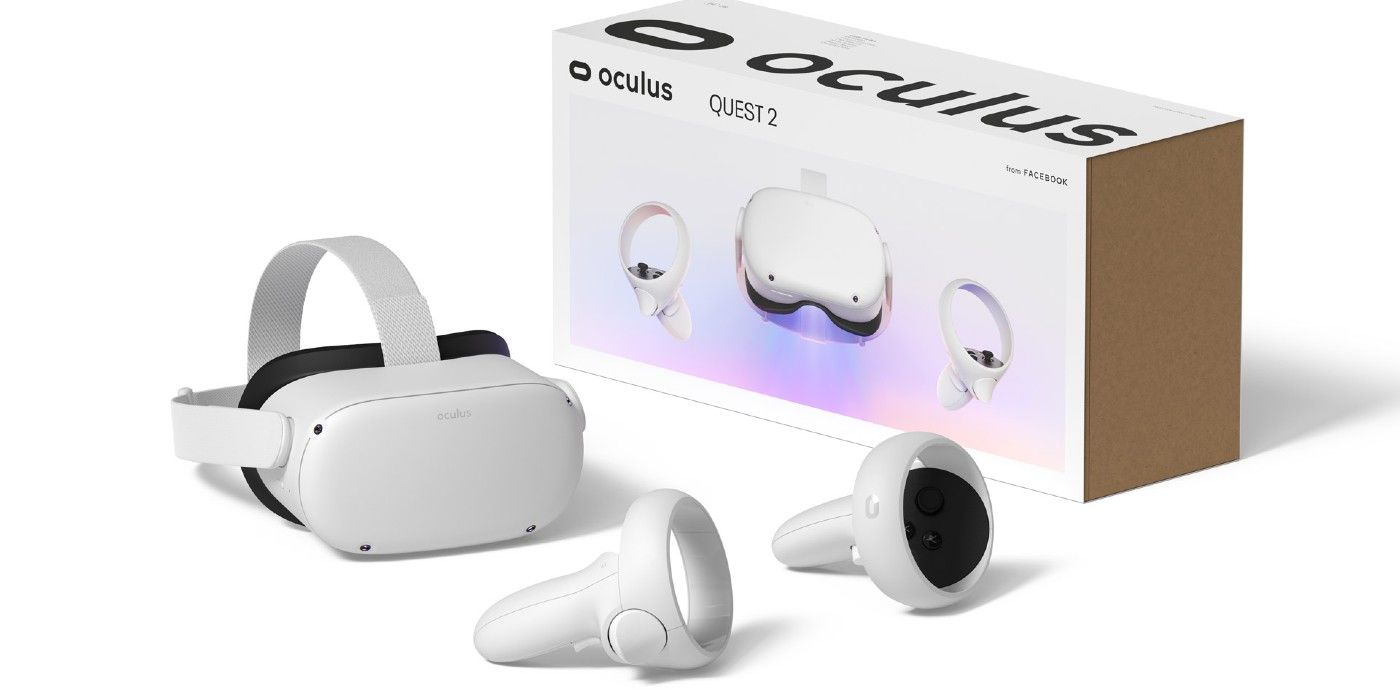Facebook’s acquisition of Oculus remains a point of contention among fans of the VR company. Oculus was birthed on the foundational principle of being able to tinker with hardware, with founder Palmer Luckey being the driving force behind some of VR’s biggest leaps in recent years. Luckey has since exited Oculus, and Oculus has increasingly integrated with Facebook in the time since, going so far as to require a Facebook account for Oculus Quest devices. That’s about to change, however.
Announced today during Facebook Connect, where CEO Mark Zuckerberg revealed numerous changes coming to the Facebook brand, Oculus is dropping the Facebook account requirement on Quest devices. Zuckerberg stated that the company’s shift to focusing more on “work,” and hearing “feedback more broadly,” prompted the change and that the company is now working on making it possible to use an account other than Facebook on the device line.
Previously, new Quest owners would have to sign in to the device using a Facebook account, which could then integrate with various social features. However, this caused some problems. During the recent Facebook outage, certain Oculus devices were effectively rendered useless due to their inability to connect to the larger Facebook platform. It’s unclear if that specific incident is partially to blame for this change.
The Facebook account requirement wasn’t always the case, either. In fact, Oculus had initially promised that Facebook’s involvement with the Oculus platform would be minimal when the company was acquired. Late last year, though, that changed. Facebook announced that new Oculus Quest owners would be required to use a Facebook account and that independent Oculus account support would end in 2023. It’s not an uncommon move in consumer technology after an acquisition, but it was a particularly sour move for Oculus’ target demographic.
Zuckerberg’s language for the change is enough to raise an eyebrow at. In addition to dropping the Facebook account requirement, Zuckerberg teased that the company is working on a “broader shift” as the Quest devices become more work-focused. The Quest has been marketed as a gaming device first and foremost, but there have been productivity and fitness-focused updates. Those updates include a calories burned tracker and Oculus’ virtual desk, with the latter being a key indicator of where things could be heading.
It’s not hard to imagine Quest devices being used to create virtual office spaces in the near future. The device could be used to monitor employee productivity in work-from-home environments, as dystopian as that sounds. While the change will likely be celebrated as a win for gamers, it is evidence of a wider change.
Source: IGN


